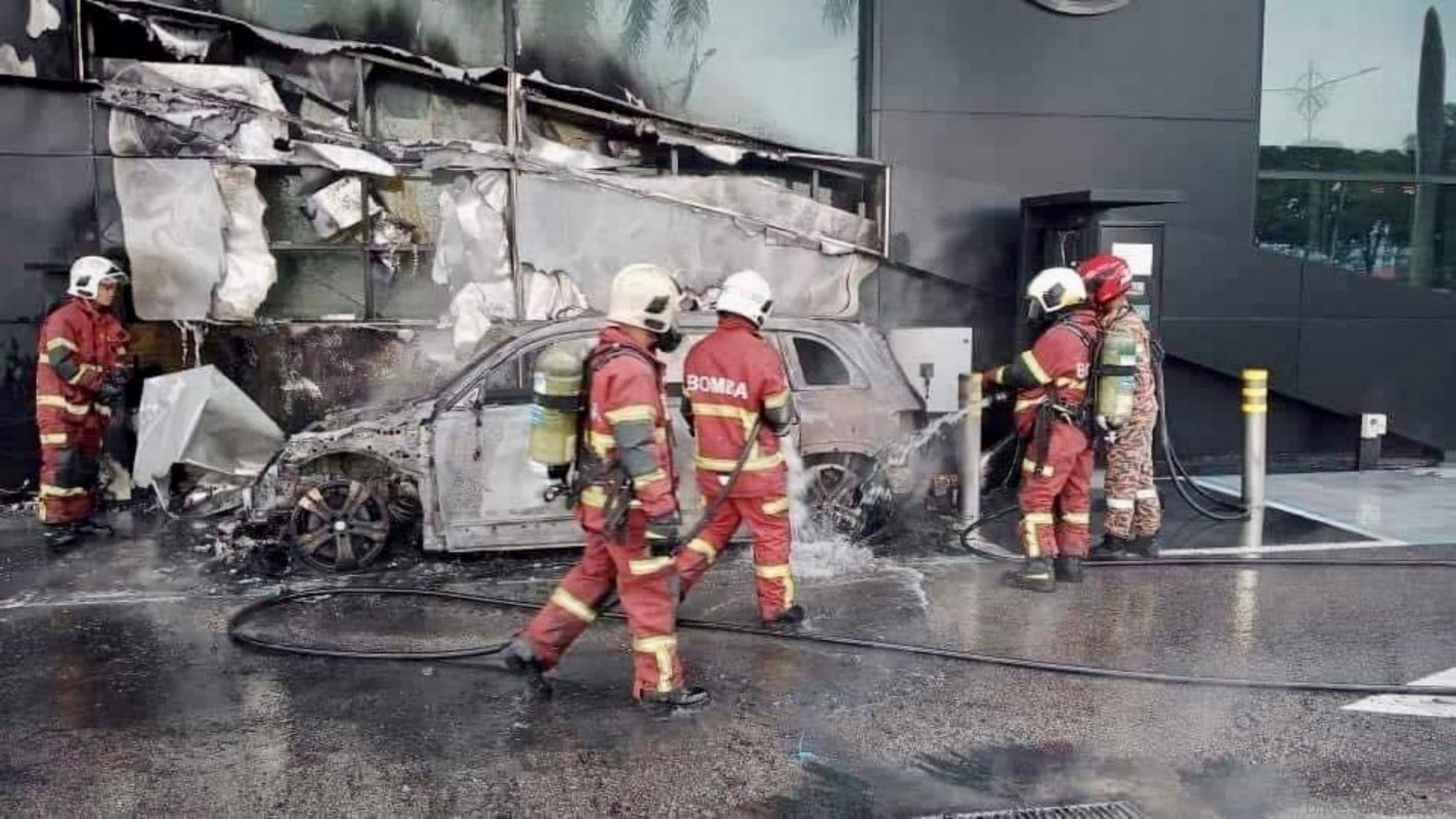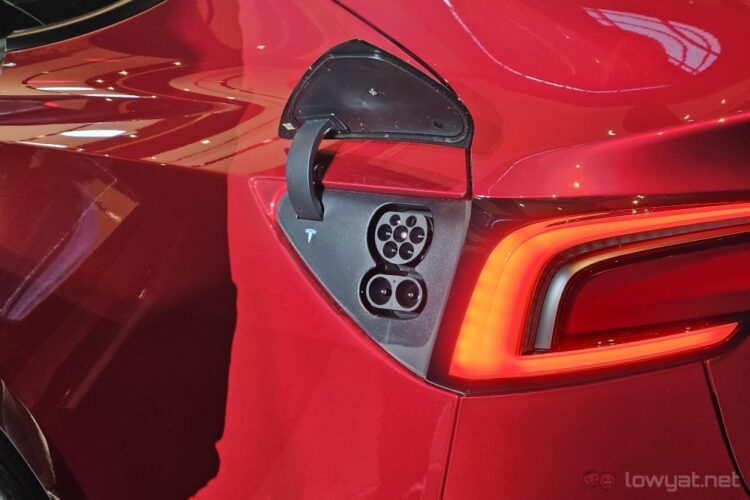While electric (EV) and hybrid vehicles are increasingly being accepted in Malaysia, they also come with their own set of disadvantages. Recently, it was revealed by the Malaysian Fire and Rescue Department (JBPM, or Bomba) that from 2023 to July this year, there have been 27 reported cases of EV and hybrid car related fires in the country.
This was revealed during Dewan Rakyat today by Deputy Minister of Housing and Local Government, Datuk Aiman Athirah Sabu, who also noted that an average of 10 cases recorded per year nationwide. Although this may seem like a small number, it is still concerning.

According to Aiman Athirah, the fires caused by these vehicles pose significant challenges and risks during the firefighting process. “The use of fire blankets is among the most effective methods for extinguishing EV fires, in addition to water and foam,” she said.
The Deputy Minister of Housing and Local Government’s statement came as a response to a question by Senator Datuk Ahmad Ibrahim. He had asked whether the government intends to purchase and supply fire blankets to fire stations in major cities, following the recent rise in EV and hybrid car fire incidents.

As for the fire blankets, Aiman Athirah said that 318 fire blankets worth RM915,000 will be distributed to selected fire stations nationwide. “In addition, the department also received 30 units of fire blankets from the Malaysia Zero Emission Vehicle Association (MyZEVA), which had been distributed in stages starting in December 2024 until 13 May this year,” she said.
She also told the Dewan Negara that Bomba is currently studying alternative methods to manage EV fires, in response to questions on other extinguishing techniques. At present, the department relies on water to suppress and extinguish such fires by reducing battery heat. While other agents such as dry powder, clean agents and inert gases are available, they are not suitable for use in open areas as their effectiveness depends on the concept of total flooding.
Fires related to EVs and hybrid cars are due to several factors, which includes battery malfunctions, manufacturing defects, crashes, overcharging and improper maintenance. However, many of these risks can be reduced and potentially avoided through proper care and preventive measures by vehicle owners.
(Source: The Edge)


